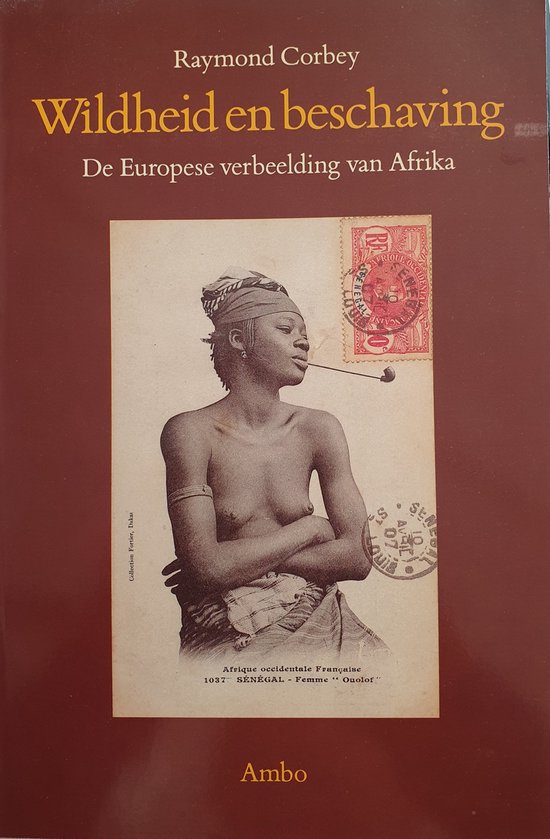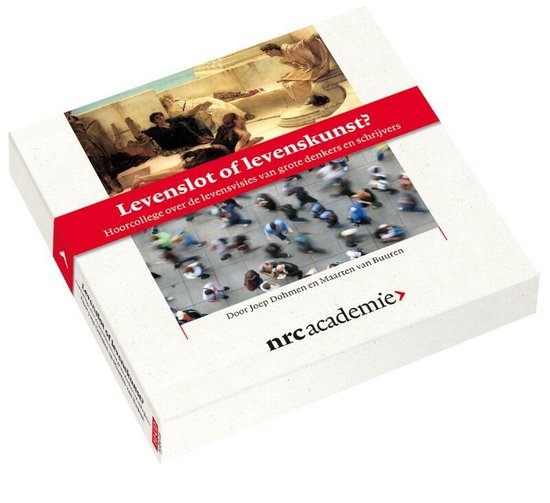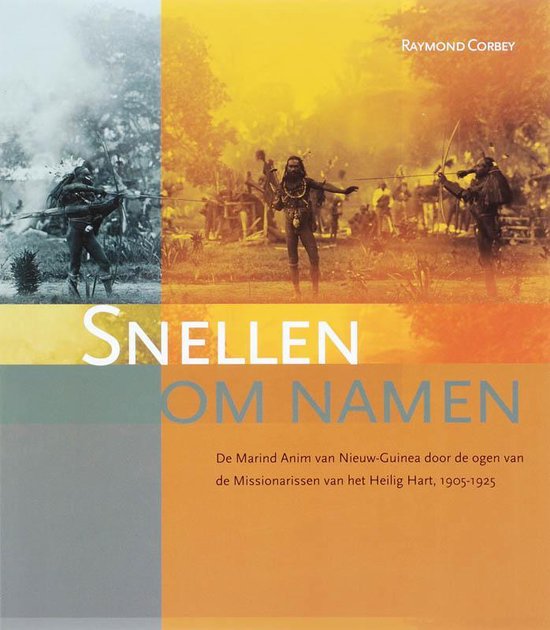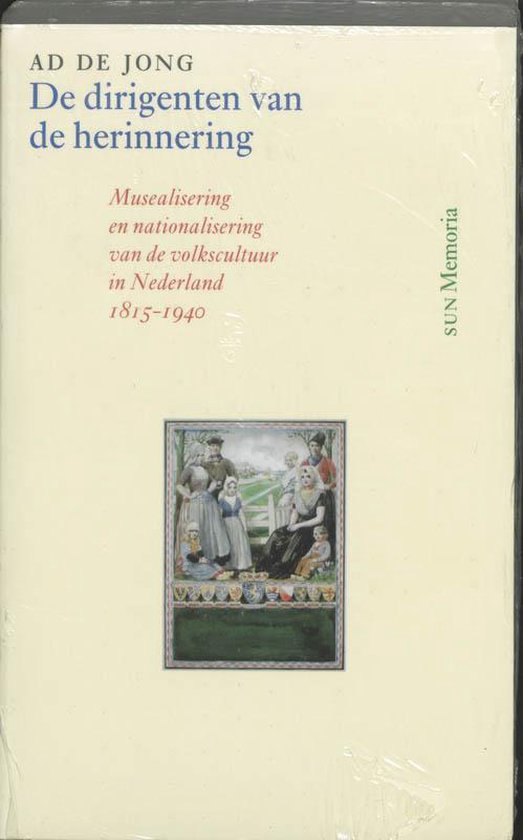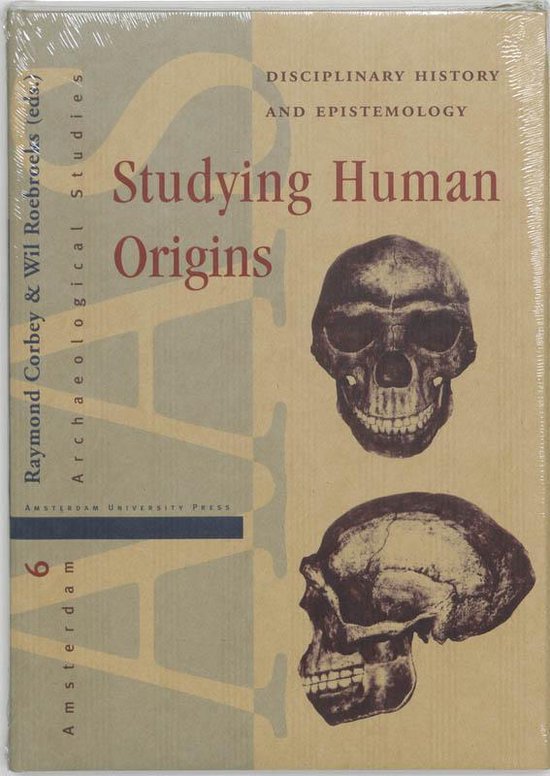
Studying Human Origins
This history of human origin studies covers a wide range of disciplines. This important new study analyses a number of key episodes from palaeolithic archaeology, palaeoanthropology, primatology and evolutionary theory in terms of various ideas on how one should go about such reconstructions and what, if any, the uses of such historiographical exercises can be for current research in these disciplines. Their carefully argued point is that studying the history of palaeoanthropological thinking about the past can enhance the quality of current research on human origins.
The main issues in the present volume are the uses of disciplinary history in terms of present-day research concerns, the relative weight of cultural and other 'external' contexts, and continuity and change in theoretical perspectives. The book's overall approach is an epistemological one. It does not, in other words, primarily address anthropological data as such, but our ways of handling such data in terms of our most fundamental, but usually quite implicit theoretical presuppositions.
The main issues in the present volume are the uses of disciplinary history in terms of present-day research concerns, the relative weight of cultural and other 'external' contexts, and continuity and change in theoretical perspectives. The book's overall approach is an epistemological one. It does not, in other words, primarily address anthropological data as such, but our ways of handling such data in terms of our most fundamental, but usually quite implicit theoretical presuppositions.
| Auteur | | Raymond Corbey |
| Taal | | Engels |
| Type | | Hardcover |
| Categorie | | Mens & Maatschappij |
